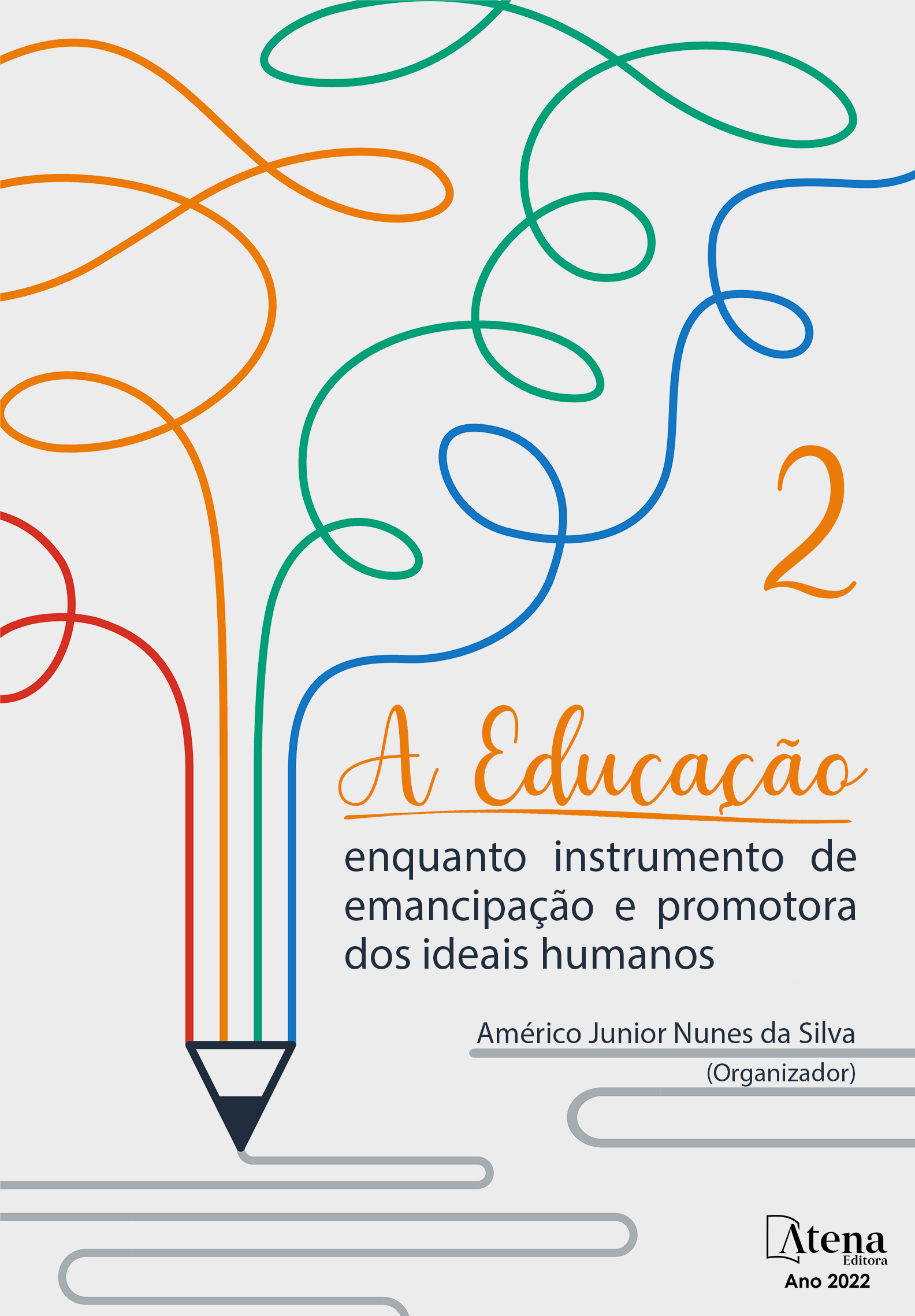
LETRAMENTO INFORMACIONAL: O QUE REPRESENTAM OS RISCOS NA INTERNET
O acesso à informação, aos novos modos de aprender e de se comunicar, associados ao contato com o mundo da Web por parte dos adolescentes, requer das escolas a aquisição de digital. Neste se inserem as atividades de formação do letramento informacional que ultrapassa as competências de uso digital. Este artigo reflete sobre a discussão dos riscos aos usuários da Internet na perspectiva da prevenção de situações indesejáveis. Nesse sentido, a ótica dos alunos sobre os usos da Internet subsidia as ações de projetos de orientação para alunos, que estudam no Ensino Fundamental uma escola pública de tempo integral em Cotia, município do Estado de São Paulo, Brasil. Os resultados foram obtidos por meio de sondagem diagnóstica (questionário), questões abertas e grupos focais. O projeto desenvolvido levou a reflexões necessárias sobre a função social da escola no desenvolvimento de letramento informacional. Constatou-se que o acesso à Web traz novas possibilidades e benefícios com novos modos de comunicação; porém, a escola possui papel preponderante em assegurar estratégias apropriadas para maximizar o seu uso, com objetivo de favorecer a redução de potenciais comportamentos de risco associados aos perigos existentes. Resultados deste estudo exploratório-descritivo, de cunho qualitativo, sugerem formação de professores e discussão na escola sobre riscos na Internet como uma estratégia de sustentabilidade educacional, articulando os alunos adolescentes aos valores apreciados pela sociedade e cidadania.
LETRAMENTO INFORMACIONAL: O QUE REPRESENTAM OS RISCOS NA INTERNET
-
DOI: 10.22533/at.ed.53022280122
-
Palavras-chave: Letramento Informacional; letramento digital; web; prevenção de riscos
-
Keywords: Informative Literature; digital literacy; web; risk prevention
-
Abstract:
Access to information, new ways of learning and communicating, associated with adolescents' web contact with the world, requires schools to acquire digital literacy. This is part of the information literacy training activities that go beyond digital use skills. This article reflects on the discussion of risks to Internet users in the perspective of preventing undesirable situations. In this sense, the students' perspective on the uses of the Internet subsidizes the actions of orientation projects for students, who study in the Elementary School of a full-time public school in Cotia, municipality of the State of São Paulo, Brazil. The results were obtained through a diagnostic survey (questionnaire survey), open questions and focus groups. The project under development led to necessary reflections on the social function of the school in the development of information literacy. It was found that access to the web brings new possibilities and benefits with new modes of communication; However, the school has a preponderant role in ensuring appropriate strategies to maximize its use, in order to favor the reduction of potential risk behaviors associated with existing hazards. Results of this exploratory-descriptive qualitative study suggest teacher training and discussion at the school about risks of the internet as a strategy of educational sustainability, articulating adolescent students to values appreciated by society and citizenship.
-
Número de páginas: 12
- Maria de Fátima Serra Rios
- Josete Maria Zimmer


